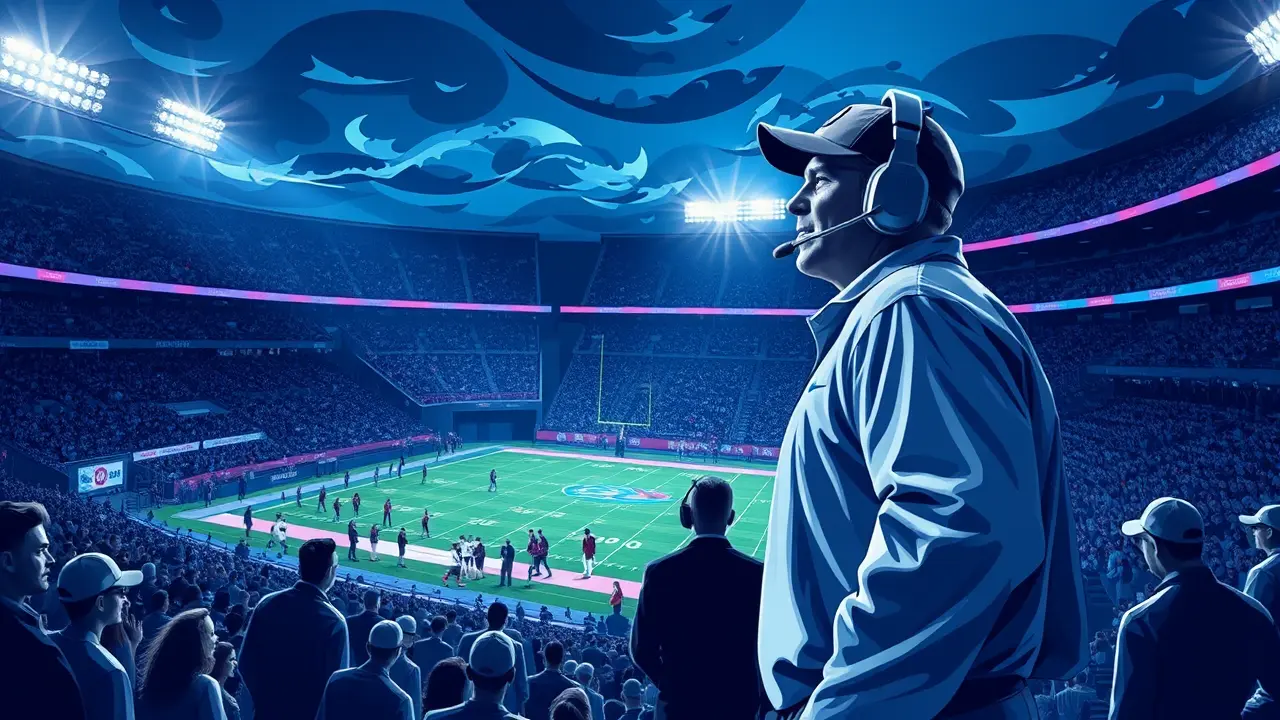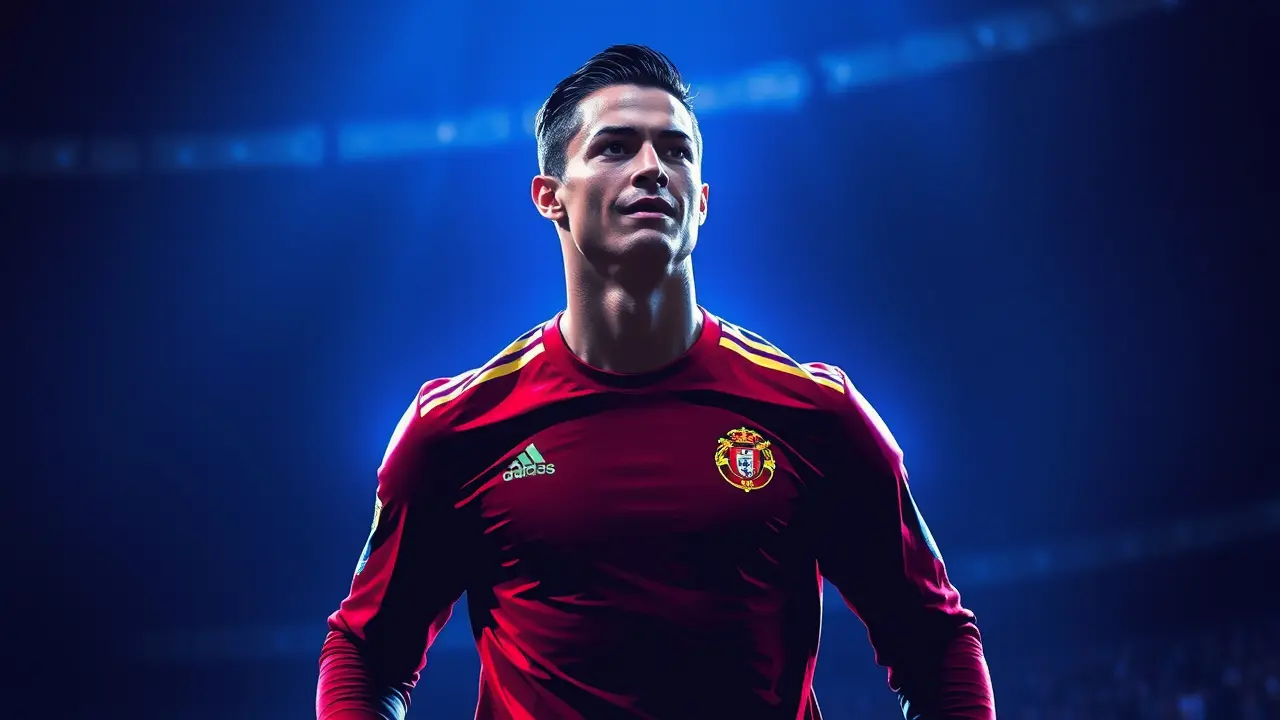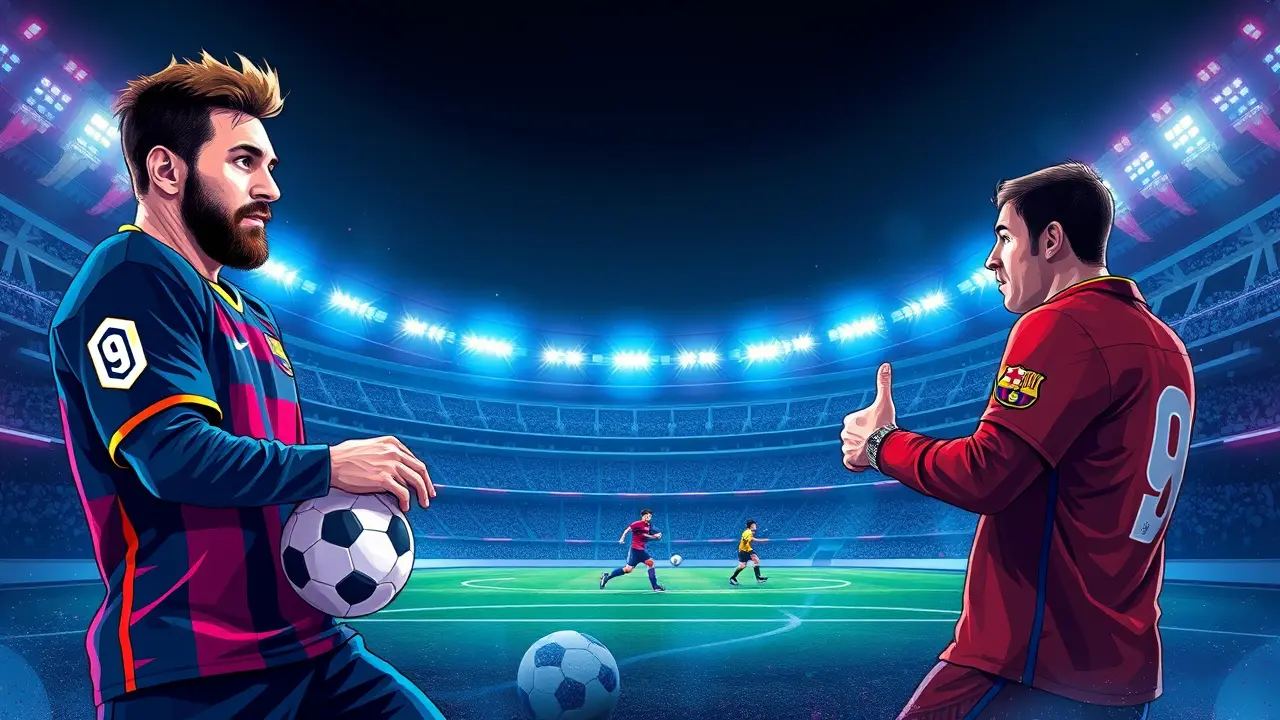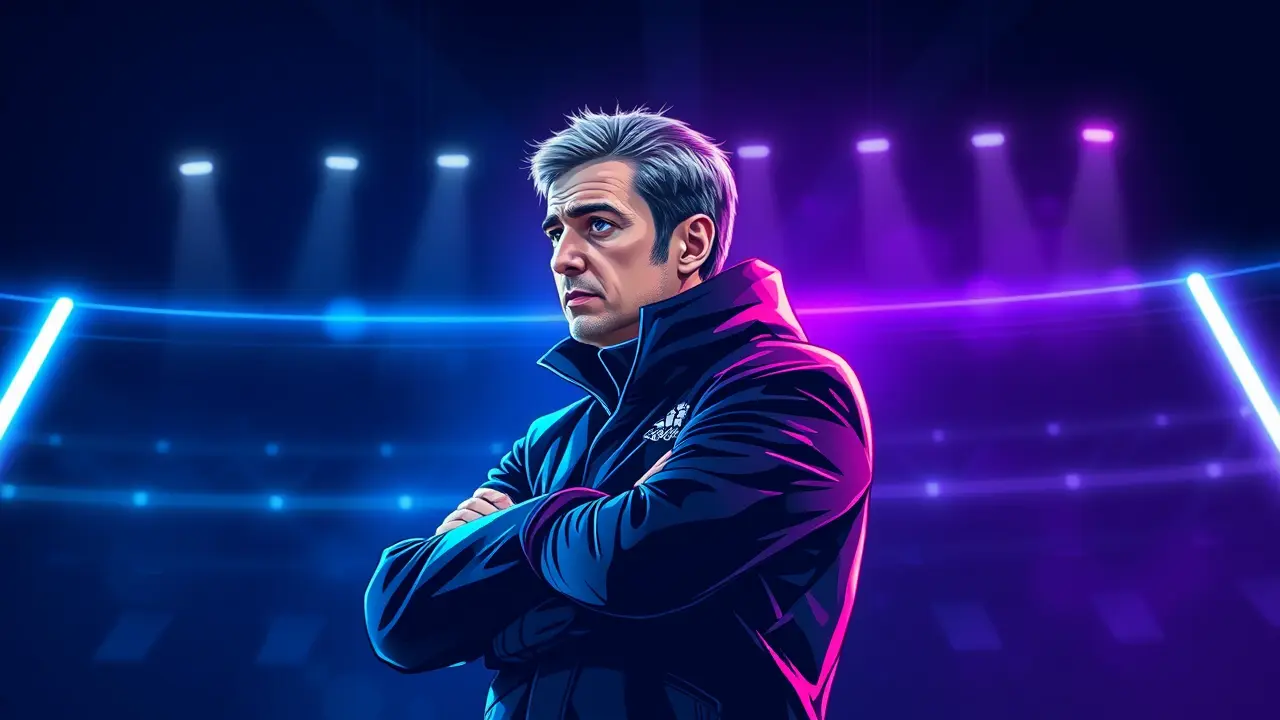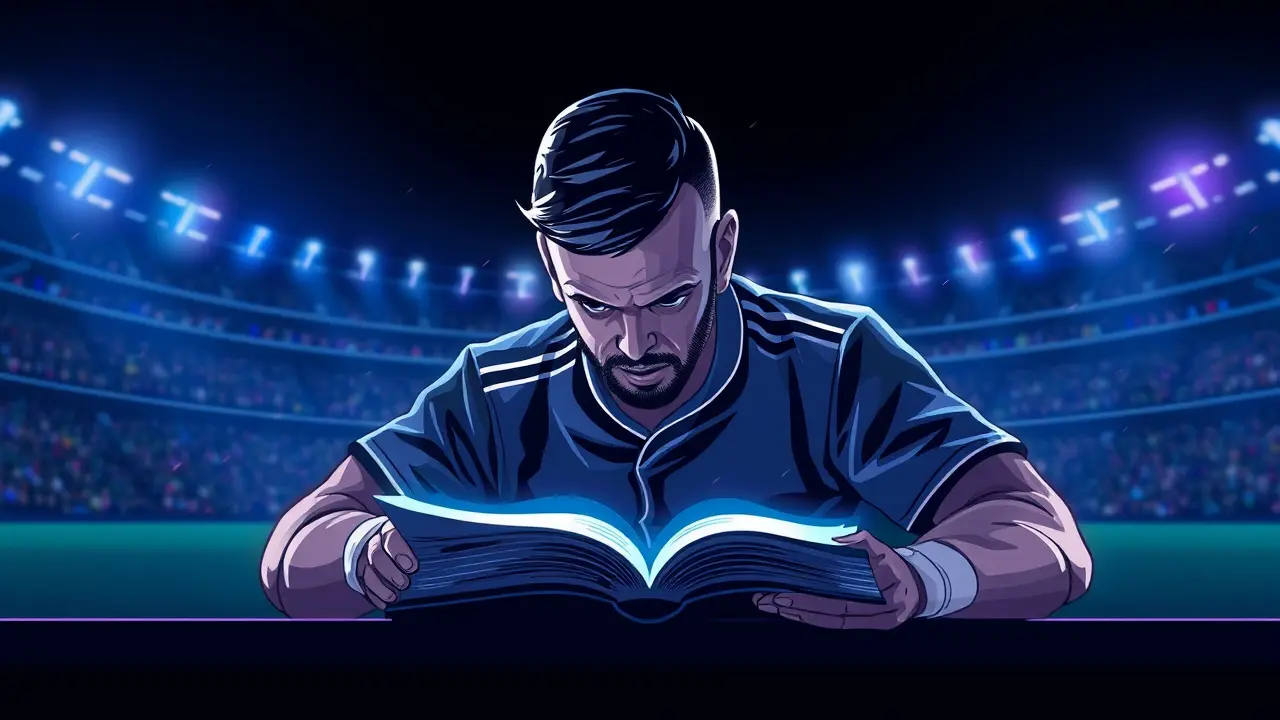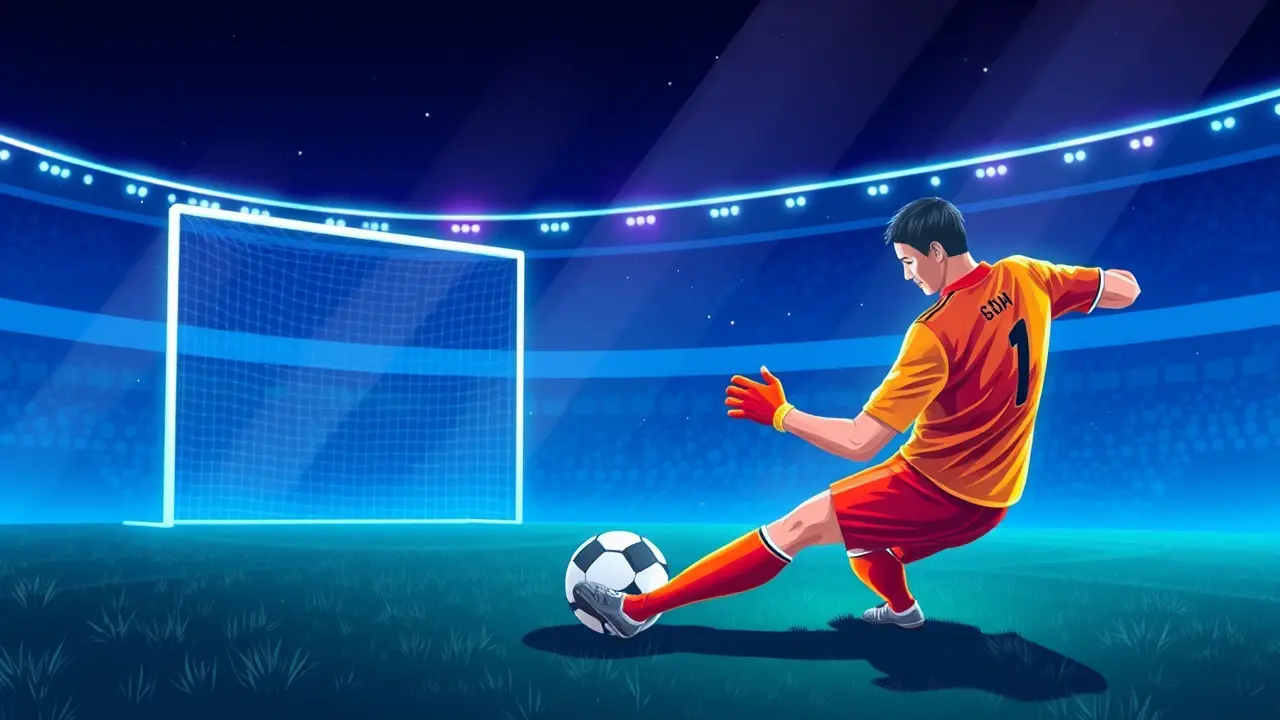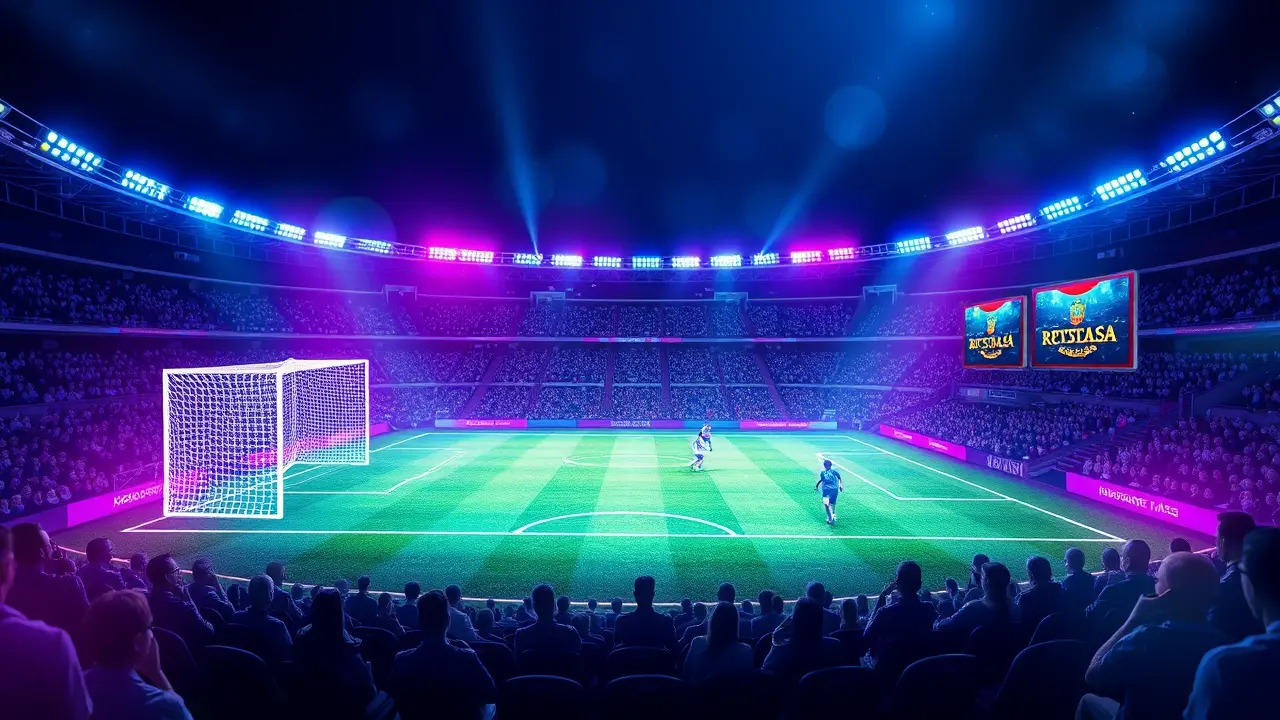
SportfootballPremier League
RPL and Match TV contract exceeds 30 billion rubles.
JA
Jack Turner
3 days ago7 min read
The landscape of Russian football broadcasting has been seismically shifted with the confirmation that the new rights agreement between the Russian Premier League (RPL) and Match TV has officially eclipsed the colossal 30-billion-ruble mark, a monumental financial injection that underscores the ever-increasing commercial value of the domestic game. While initial reports had pegged the four-year deal at a staggering 28.5 billion rubles, the final figure, as detailed by journalist Grant Getadaryan, reveals a more complex and expensive package. The base amount of 28.5 billion is described as the 'net' figure, but it is the substantial addendums that push the total into a new stratosphere. A separate agreement for the maintenance and operation of the Video Assistant Referee (VAR) system adds an estimated 700-800 million rubles annually to the pot, a crucial cost for modernizing the league's officiating and bringing it in line with top European competitions, though one could argue the system's implementation, much like a misplaced pass from a veteran midfielder, has had its controversial moments that even the legendary Lev Yashin would have raised an eyebrow at.Furthermore, a significant production budget is also baked into the contract, covering the high-end broadcast presentation that today's audiences demand—from multi-camera setups and punditry panels to immersive sound design—all of which 'costs big money,' as Getadaryan noted. This new agreement, therefore, represents a near-quadrupling of the annual value compared to the current deal, which stands at 7.7 billion rubles per year, a growth rate that would make any club owner's eyes light up brighter than a Champions League final floodlight. To fully appreciate the gravity of this deal, one must look at the broader context of football finance.This places the RPL in a new echelon within the European broadcasting hierarchy, though it still trails far behind the Premier League's astronomical multi-billion-pound per-season deals. The influx of capital presents both an immense opportunity and a formidable challenge for the RPL clubs.On one hand, it promises greater financial stability, potentially allowing teams to retain homegrown talent, invest in youth academies, and improve infrastructure without being wholly reliant on often-capricious oligarch owners, a model that has proven as unstable as a defensive line facing a prime Lionel Messi dribble. The funds could be the catalyst for a more sustainable and competitive league, reducing the historical dominance of clubs like Zenit Saint Petersburg and fostering a environment where tactical innovation thrives.However, the distribution model of these funds will be critically important; a equitable system could narrow the competitive gap, while a skewed model might further entrench the existing hierarchy. Conversely, this financial windfall brings heightened expectations.Broadcasters paying such a premium will demand a superior product, not just on the pitch in terms of quality and excitement, but also in terms of the league's commercial appeal, marketing reach, and global accessibility. This could pressure the RPL to intensify its efforts to export its brand internationally, competing for viewers in saturated football markets.There is also the question of whether this financial bubble is sustainable, tied as it is to the Russian economy and the continued interest of the domestic audience. Expert commentary would likely be mixed; some analysts would hail it as a watershed moment that validates the league's growth strategy, while others would caution against inflation in player salaries and transfer fees without a corresponding rise in sporting quality, a trap that has ensnared many a promising league.The consequences are multifaceted: for fans, it could mean a more polished broadcast experience but potentially higher subscription costs; for players, it translates to higher wages; and for the clubs, it's a test of financial prudence. This deal is more than a transaction; it's a statement of intent from the RPL, a massive bet on the future of Russian football, and its ripple effects will be felt from the boardrooms in Moscow to the pitches in Krasnodar for years to come.
#featured
#Match TV
#Russian Premier League
#broadcasting rights
#VAR
#production
#contract value
Stay Informed. Act Smarter.
Get weekly highlights, major headlines, and expert insights — then put your knowledge to work in our live prediction markets.
Related News
Comments
It’s quiet here...Start the conversation by leaving the first comment.
© 2025 Outpoll Service LTD. All rights reserved.


